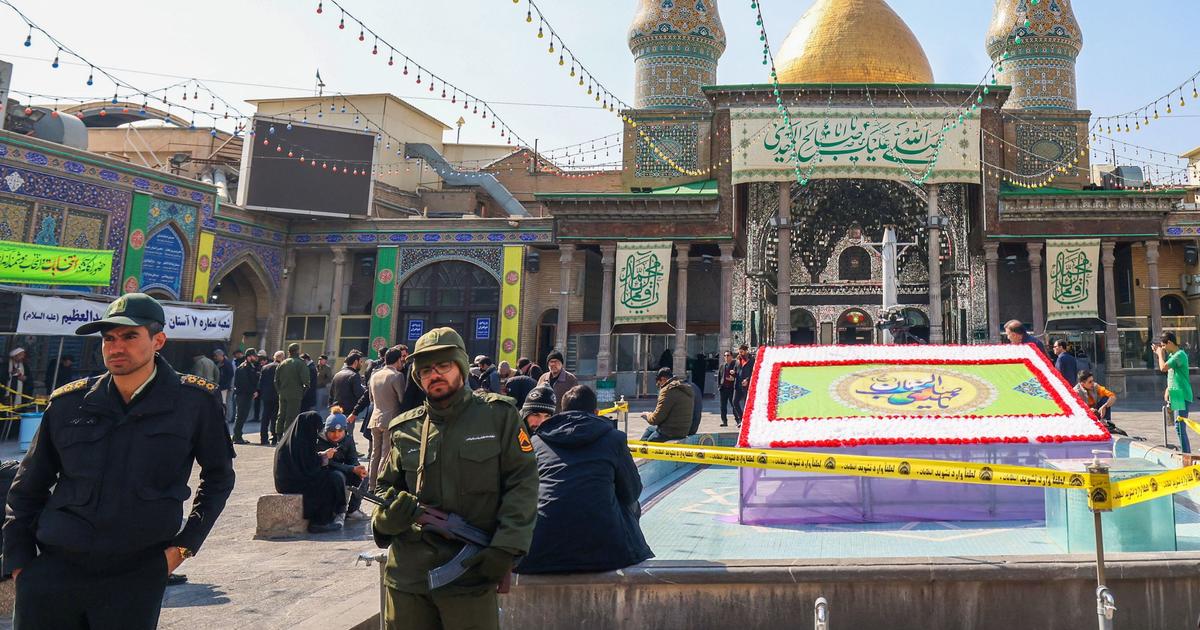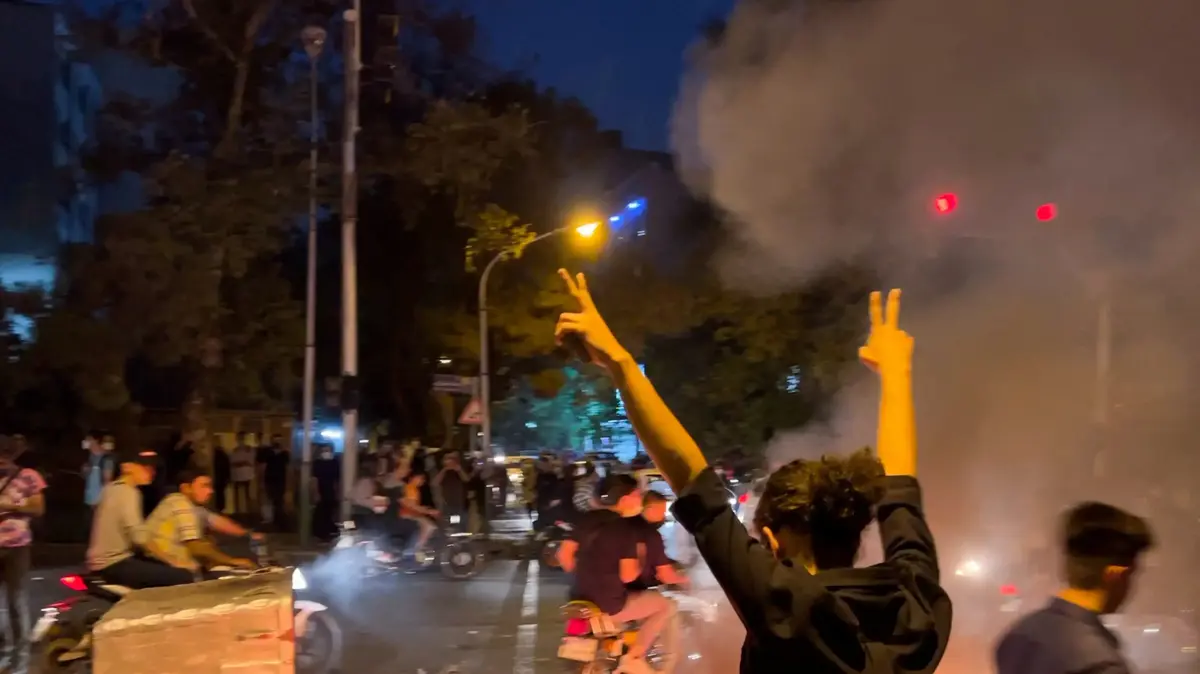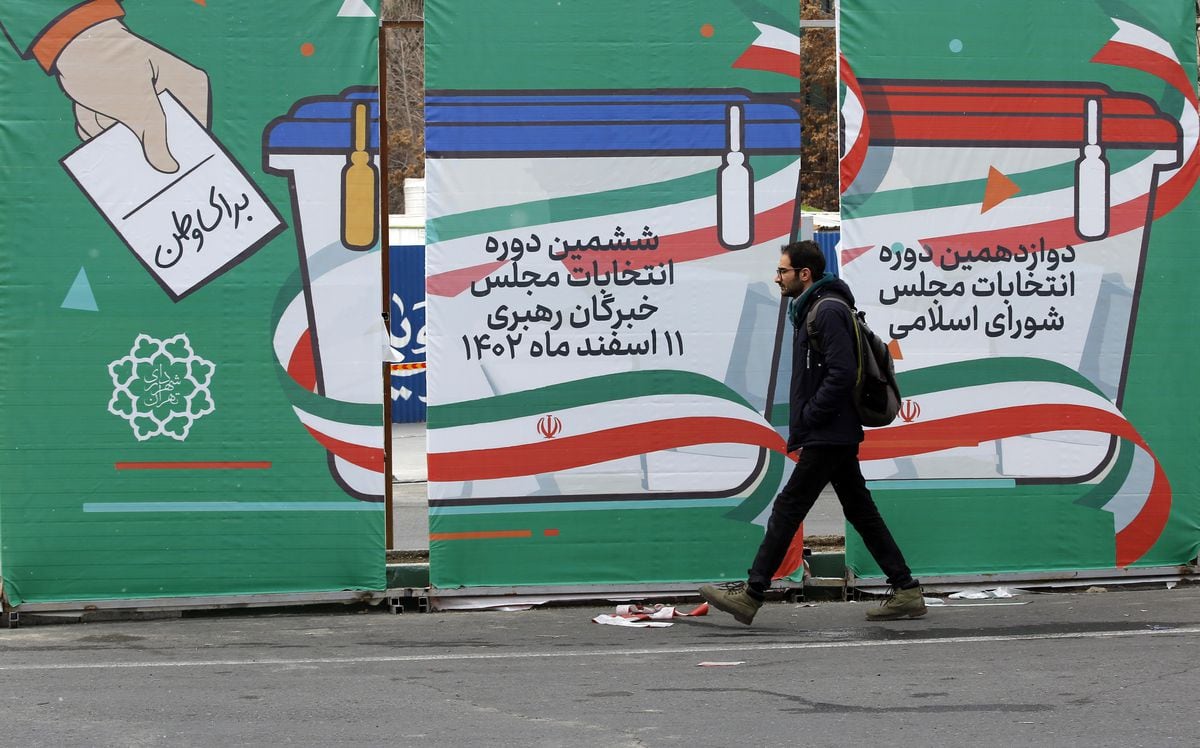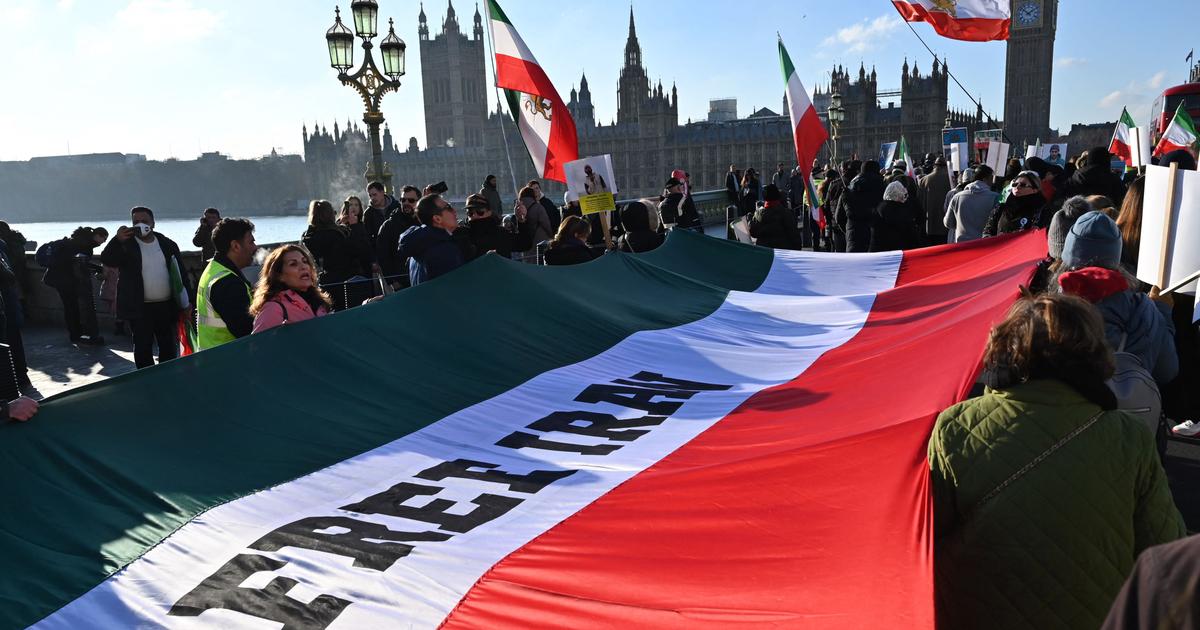Enlarge image
Daily newspapers with Amini's photo on the cover: Many Iranian media have reported on the death of Mahsa Amini, 22
Photo: ABEDIN TAHERKENAREH / EPA
The death of a young woman in Iran after being arrested by vice squads has sparked protests in several cities across the country.
After the funeral of Mahsa Amini in her hometown of Saghes in northwestern Iran, people there called for a "thorough investigation" into the cause of death in front of the governor's office over the weekend.
The police used tear gas to disperse the demonstrators.
The 22-year-old was arrested on Tuesday in Tehran for "wearing inappropriate clothing" and - under circumstances that are still unclear - collapsed at the police station and later died.
In Saghes, in Iran's Kurdish region, protesters threw stones at the governor's office and chanted slogans on Saturday.
People also gathered in front of the hospital in Tehran, where the young woman died after three days in a coma.
According to police reports, after her arrest in Tehran, the 22-year-old was taken to a police station along with other women to be instructed on Islamic dress codes.
There she "suddenly passed out" in a meeting room and was taken to the hospital.
Violent reaction from the Iranian public
Surveillance video from the police station broadcast on public television shows a woman collapsing after talking to a police officer.
According to police, the woman had suffered a heart attack.
She died in hospital on Friday, state television reported.
The police confirmed the woman's death.
The exact circumstances of Amini's death are unclear.
The Iranian police said there was no "physical contact" between them and the police officers.
According to the broadcaster 1500tavsir, which reports on human rights abuses in Iran, she is said to have suffered a blow to the head.
Amini's body was taken to the coroner's office, according to state television.
Earlier, Iranian President Ebrahim Raisi announced that he had commissioned the interior minister to investigate the case.
The moral police, which monitors compliance with the headscarf requirement and other rules on Iran's streets, has recently come under increasing criticism in the country.
On Sunday, most of the country's newspapers dedicated their front pages to the dead.
The country was "shocked and angry about what happened to Mahsa Amini," wrote the reform-oriented newspaper Etemad, for example, and denounced the violence of the vice squad.
The ultra-conservative newspaper Kayhan, on the other hand, wrote that "the rumors and lies that have been thrown out after Mahsa's death have increased significantly".
A government newspaper criticized that the "unfortunate incident" was being used to incite the nation against the government.
More than a million tweets about #Mahsa_Amini
Artists, athletes and politicians expressed their anger and dismay in online networks.
"Our girls' hair is covered with a shroud," wrote the players of the national football team on the online service Instagram.
"If they are Muslims, may God make me an unbeliever," commented Bayer Leverkusen striker Sardar Azmoun.
On Twitter, the hashtag #Mahsa_Amini was number one as of Sunday afternoon with nearly 1.5 million tweets.
Amnesty International said there were "allegations of torture and other ill-treatment in custody".
The human rights organization called for an investigation into the circumstances of the woman's "suspicious" death.
The US government blamed the Iranian authorities for the death, calling it "unforgivable."
White House National Security Advisor Jake Sullivan cited reports that Amini was beaten in police custody.
Since shortly after the Islamic revolution of 1979, women in Iran, regardless of their nationality or religion, have had to cover their hair in public.
However, over the past two decades, many women in Tehran and other major cities have casually interpreted the regulations, allowing strands or more of their hair to peek out of their veils.
beb/afp















